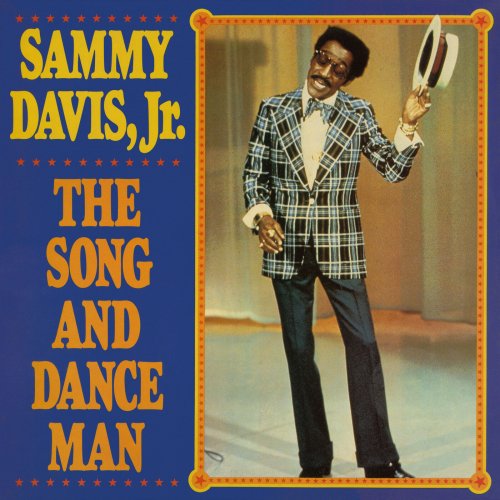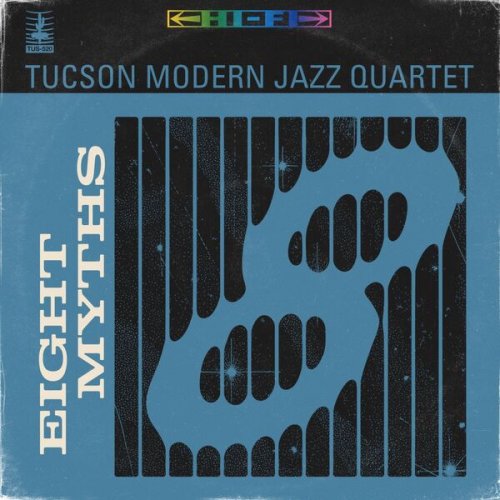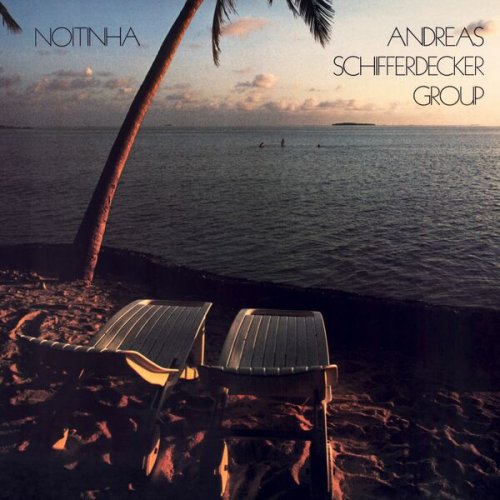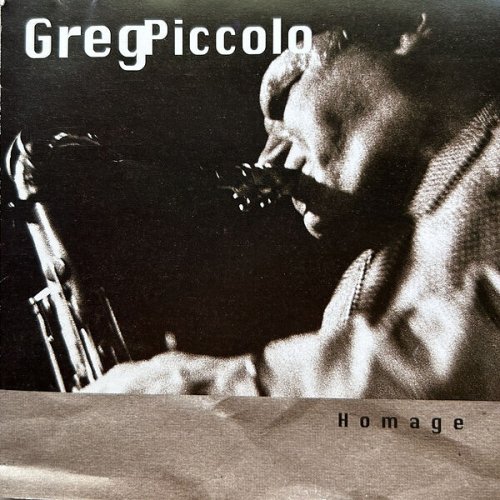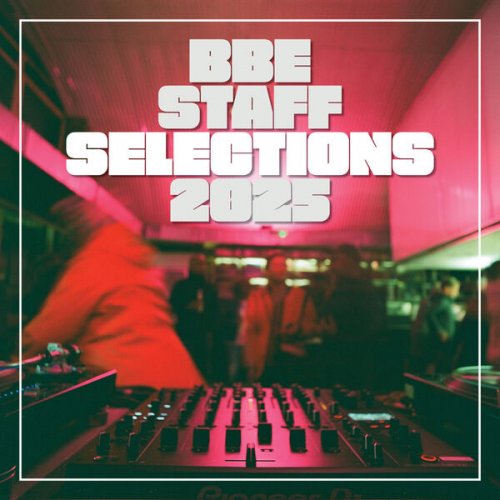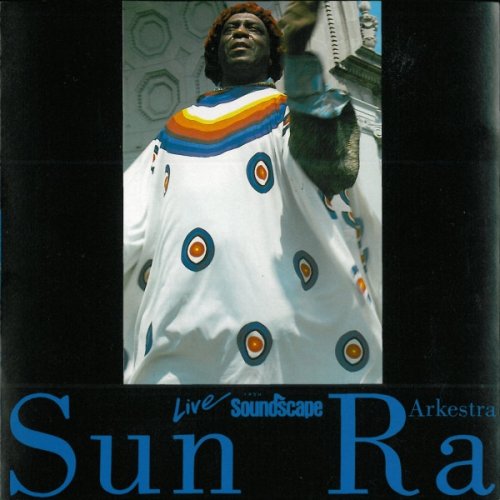Alexandre Desplat - The Shape of Water (Original Motion Picture Soundtrack) (2017) [Hi-Res]
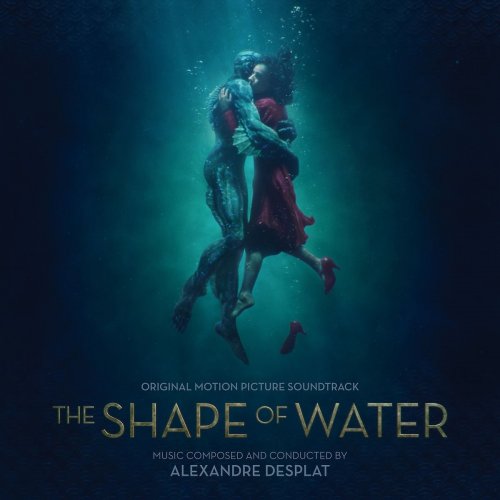
Artist: Alexandre Desplat
Title: The Shape of Water (Original Motion Picture Soundtrack)
Year Of Release: 2017
Label: Decca/London
Genre: classical, soundtrack
Quality: FLAC (tracks+.cue+.log) & Scans; 24-bit/44.1kHz FLAC
Total Time: 1:16:35
Total Size: 451 MB; 755 MB
WebSite: Album Preview
The Shape of Water is a science fiction fairy tale written and directed by Guillermo del Toro, starring Sally Hawkins, Richard Jenkins, Octavia Spencer, Michael Shannon, Michael Stuhlbarg, and Doug Jones. It’s an odd mishmash of a film – it’s one part romantic drama, one part monster movie, one part spy thriller, and it explores additional themes that range from one character’s closeted homosexuality to another’s love of classic Hollywood musicals – but somehow it all works beautifully. Hawkins plays Elisa, a shy mute woman who works as a cleaner on the night shift at a military research facility in the 1960s. One night Elisa meets a mysterious but highly intelligent amphibious humanoid creature (Jones) that has been captured in a remote part of the Amazon and brought to the facility for study by the ruthless Colonel Strickland (Shannon). Unexpectedly, Elisa and the Amphibious Man meet and begin to bond, and form the beginnings of an almost romantic relationship; however, when she hears of the government’s plans to kill and dissect the Amphibious Man to study it’s biology, Elisa vows to save him, and with the help of her sassy co-worker Zelda (Spencer) and her next door neighbor Giles (Jenkins), comes up with a plan to break him out.Title: The Shape of Water (Original Motion Picture Soundtrack)
Year Of Release: 2017
Label: Decca/London
Genre: classical, soundtrack
Quality: FLAC (tracks+.cue+.log) & Scans; 24-bit/44.1kHz FLAC
Total Time: 1:16:35
Total Size: 451 MB; 755 MB
WebSite: Album Preview
Despite it sounding wholly ludicrous when you actually describe the plot, The Shape of Water turns out to be a thoroughly delightful film. Del Toro says he was inspired to write it based on his childhood memories of watching The Creature from the Black Lagoon, and wondering what would happen if the creature got the girl – well, in this movie, we find out! Despite the odd tonal shifts which may prove unsettling to some viewers, there is a sense of magic and wonderment to the entire project, and it’s all anchored by Hawkins’s sensational performance in the leading role. Despite her character being a mute, Hawkins portrays a vast array of emotions that are never anything less than clear, the most important of which is the way she is able to convince the audience that her relationship with the Amphibious Man is real and beautiful, and not disgusting or immoral. Elisa clearly sees a kindred spirit in him – both are intelligent but misunderstood, lonely, but with hidden depths – and seeing their interactions develop over time is fascinating and wonderful. The film is also spectacularly beautiful from a visual standpoint; cinematographer Dan Lauritsen shoots the film in a aquiline palette of blues and greens, and the whole thing has a slightly gauzy, separated-from-reality feeling that allows the central relationships to be relatable.
The other major aspect of the film that makes it all work is the stunning score by Alexandre Desplat, who with this project has made it three for three in terms of him writing outstanding music in 2017, after Valerian and the City of a Thousand Planets, and Suburbicon. This is the first time Desplat and Del Toro have worked together – Del Toro has worked with composers including Marco Beltrami, Danny Elfman, Javier Navarrete, and Fernando Velázquez in the past – but it’s clear that Desplat understood exactly what sort of tone the film required. As such, he scored it with a sense of child-like fantasy, whimsy, and hesitant romance, while incorporating some outstanding action and thriller suspense music during the scenes which call for it.
The score is built around three main themes – one for Elisa, one for the Amphibious Man, and one for the relationship that develops between them, the latter of which appears to be an amalgamation of the melodies of the first two themes into a third, new piece. The opening cue, “The Shape of Water,” introduces much of the melodic content immediately, but it’s a cue which will likely take people by surprise, upending their preconceptions of what the score would sound like. Instrumentally it’s a combination of eerie, moody textures – harp, waterphone, glass harmonica, and a piano – which gradually grows to encompass a lush orchestra. One interesting thing to note about the orchestra is that the woodwind section is comprised entirely of flutes – 12 of them, to be exact, across the entire sonic range – but no oboes, no bassoons, no clarinets, and so on. This was a conscious choice that Desplat made to give his woodwind section a specific timbre that, to him, represents the sound of water.
The main melodies are often carried, somewhat unexpectedly, by an accordion, and by Desplat himself whistling. Desplat intended for the accordion to represent the soul of the Amphibious Man, and it often plays in a style similar to an Argentinean tango, an intentional reference to South America, from where the creature originates. The whistling, on the other hand, represents Elisa and her worldview: it’s light, airy, pretty, whimsical, carefree, a depiction of an old soul trapped in a contemporary body and yearning for love. The combination of accordion and whistling often gives the music a sound that some people will interpret as being stereotypically ‘French,’ but there are no references to France in the story.
The subsequent “The Creature” introduces the theme for the Amphibious Man, a 5-note staccato motif that sounds aggressive but loses its initial sense of apprehension and danger as the score progresses. There is a possibly intentional reference to Jaws in the slow, bassy string writing that opens the cue – Desplat is a huge John Williams fan – while the rattling bass flutes in combination with bright brass is reminiscent of the Ragnar Sturlusson material from The Golden Compass. Then, the concert performance of “Elisa’s Theme” brings her individual motif to the fore; it’s full of pretty flute writing reminiscent of Birth albeit without that score’s sinister undercurrent. The array of delicate orchestrations, including harps and a glockenspiel, further enhance the character’s charming innocence and wonderment, while the accordion writing again represents her predestined relationship with the Amphibious Man.
Most of the rest of the score presents these three core thematic ideas in a multitude of variations in terms of tone, key, orchestration, tempo, and intent. “Fingers,” for example, contains an almost comedic variation on Amphibious Man’s theme, with ungainly lurching rhythmic ideas and ticking percussion underscoring the first tentative encounters between him and Elisa, although it becomes darker in the second half with bass flutes picking up the motif and giving it a sinister edge. “Elisa and Zelda” is a waltz arrangement of Elisa’s theme with more accordions and more whistling, and a slightly curious and quirky edge that speaks to their warm collegial relationship.
The increasing romantic bond between Elisa and the Amphibious Man is voiced through cues like “The Silence of Love” and “Underwater Kiss,” which use all the core instrumental textures – piano, harp, strings, accordion, whistling – and intertwines their themes in ways that are effortlessly elegant and gentle. Neither character has been involved in any sort of loving relationship before this, and the way they discover themselves, their feelings, and each other’s bodies is conveyed with hesitance and nervousness, but also kindness. Later, Elisa’s determination to do whatever it takes to rescue the Amphibious Man comes through in “Decency,” a militaristic variation of the main theme for searching strings and snare drums which has a real sense of resolve and forthrightness.
The action and suspense elements of the score relate mostly to the actions of the merciless Colonel Strickland, and Michael Stulhbarg’s character Robert Hoffstetler, a kindly doctor with a hidden agenda. Cues like “Spy Meeting,” “Five Stars General,” parts of “Egg,” and “This Isn’t Good” tend to be much darker in tone, making use of rattling bass flutes, wooden percussion, and tension-filled tremolo strings. Even here, Desplat still finds ways to work in his themes; the little hints of the accordion in “Spy Meeting” represent the subject of the meeting, the darkly tragic version of Elisa’s Theme in the violins at the end of “Five Stars General” give it an emotional heart, while “Egg” uses deconstructed parts of the Amphibious Man motif all the way through, moving around from bass flutes to low-end pianos.
“The Escape” is the score’s longest cue, and it underscores the film’s main action set piece, wherein Elisa arranges and executes her escape plan to break the Amphibious Man out of the research facility with the help of her friends. It’s a superb piece of writing from Desplat that contains many of the compositional trademarks that have typified much of his action and suspense writing over the years. It starts nervously, with rhythmic cello pulses overlaid with high-end violin textures, and includes numerous allusions to both the Amphibious Man theme and Elisa’s theme, both via the rhythmic structure of the themes, and also through clever deconstructions of the chord progressions that re-orchestrate them for brass and low woodwinds. The cue becomes more and more agitated and action-packed as it develops over the course of more than ten minutes, depicting the high stakes of the entire enterprise. Many of the textural and rhythmic ideas remind me of scores like Godzilla, Harry Potter and the Deathly Hallows, The Ghost Writer, and The Golden Compass; listen especially to the combination woodwind and brass writing at around the 5:00 mark, as well as the frantic action sequence beginning at 8:00, which is superbly energetic and creative without being chaotic, and features several notable statements of the Amphibious Man theme on brass.
The final four cues represent the emotional zenith of the score, and should finally – finally – put to rest all those ridiculous statements about Desplat’s music being cold and emotionally restrained. This sequence of music is just superb, beginning with the gorgeously tender rendering of the main theme for piano, strings, flutes, and accordion in “Overflow of Love”. “Without You” continues the increasing emotional content with a palpable sense of longing and passion in the intertwining of Elisa’s theme and the Amphibious Man theme. The stunning “Rainy Day” underscores the climax of the film and begins starkly, with a sense of desperation and palpable horror achieved through dissonant brass and woodwind textures, and a bed of tremolo strings. As it progresses it slowly builds towards its heartbreaking conclusion, which swells with sentimental pathos, crescendos of brass, and a dark rendering of the main theme on bass flutes. Finally, “A Princess Without a Voice” presents a conclusive version of Elisa’s theme for pretty pianos, lilting flutes, and harp glissandi, magical and emotional. This is a fairy tale indeed, because we all know what happens at the end of them…
The soundtrack album, on Decca Records, also showcases “You’ll Never Know,” a new arrangement by Desplat of the Mack Gordon/Harry Warren Oscar-winning classic from the 1943 movie “Hello, Frisco, Hello,” which is given a superb jazz vocal performance by opera superstar Renée Fleming. Several additional pieces of source music enhance the soundtrack, including a new version of Serge Gainsbourg’s classic “La Javanaise” performed by Madeleine Peyroux, two Mack Gordon and Harry Warren standards including “Chica Chica Boom Chic” performed by Carmen Miranda, and a gorgeous sweeping performance of Max Steiner’s Theme from A Summer Place by Andy Williams, which is heard during a fantasy sequence in which Elisa imagines herself as the leading lady in an old Hollywood movie dance sequence, with the Amphibious Man as her romantic partner, waltzing away in the moonlight.
The Shape of Water is yet another tremendous work by Desplat who – in the words of a friend of mine – seems to be pretty much incapable of writing anything less than a masterpiece in 2017. The depth and intricacy of the orchestrations by Jean-Pascal Beintus, Nicolas Charron, and Sylvain Morizet, is tremendous. The clarity and precision of Peter Cobbin’s recording is superb. Best of all, however, is the emotional content Desplat brings to the project. The Shape of Water is, to be completely blunt about it, an inter-species love story, and there was tremendous potential for this aspect of the film to come across as all sorts of wrong if anyone had misjudged the tone of it, even slightly. Thankfully, Desplat’s music enhances the humanity inherent in the two main characters, and allows us to empathize with and root for these mis-matched lovers who yearn for understanding, compassion, and tenderness in a world that provides very little. Desplat has written three scores of astonishing quality in 2017, and while Valerian and the City of a Thousand Planets remains my favorite, this is the one I would put money on to give Desplat his ninth Oscar nomination.
Tracklist:
01. Alexandre Desplat - The Shape of Water
02. Alexandre Desplat - You'll Never Know
03. Alexandre Desplat - The Creature
04. Alexandre Desplat - Elisa's Theme
05. Alexandre Desplat - Fingers
06. Alexandre Desplat - Spy Meeting
07. Alexandre Desplat - Elisa and Zelda
08. Alexandre Desplat - Five Stars General
09. Alexandre Desplat - The Silence of Love
10. Alexandre Desplat - Egg
11. Alexandre Desplat - That Isn't Good
12. Alexandre Desplat - Underwater Kiss
13. Alexandre Desplat - The Escape
14. Alexandre Desplat - Watching Ruth
15. Alexandre Desplat - Decency
16. Alexandre Desplat - He's Coming For You
17. Alexandre Desplat - Overflow of Love
18. Alexandre Desplat - Without You
19. Alexandre Desplat - Rainy Day
20. Alexandre Desplat - A Princess Without A Voice
21. Madeleine Peyroux - La Javanaise
22. Glenn Miller - I Know Why (And So Do You)
23. Carmen Miranda - Chica Chica Boom Chic
24. Caterina Valente - Babalu
25. Andy Williams - A Summer Place
26. Alexandre Desplat - You'll Never Know (Alternative Version)
